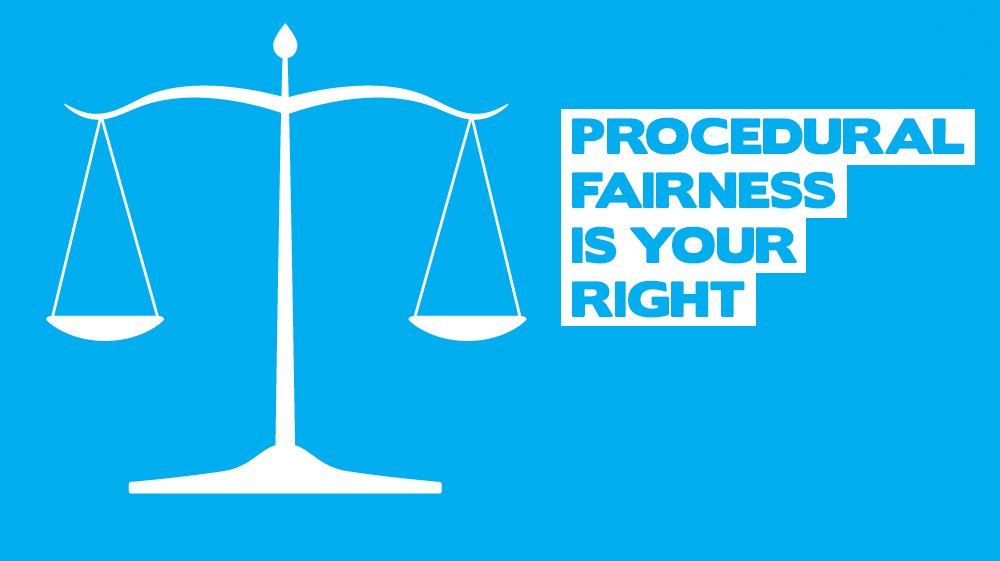Is the failure to afford procedural fairness material in administrative decision-making?
By Mikaela Mariano
The recent High Court case of Nathanson v Minister for Home Affairs (2022) 403 ALR 398, confirmed that the denial of procedural fairness will generally be material, if the party was denied an opportunity to present evidence on an issue that required consideration, where the decision-making process could result in a different outcome.
Facts
The Appellant, a New Zealand citizen born in Zimbabwe, arrived in Australia in 2010. In 2013, the appellant was granted a Class TY Subclass 444 Special Category visa. In 2018, a delegate of the respondent Minister cancelled that visa pursuant to s 501(3A) of the Migration Act 1958, as the appellant did not pass the ‘character test’ as she was serving a sentence of imprisonment on a full-time basis for offences which included depriving a person of personal liberty, aggravated assault, stealing and driving a vehicle in a dangerous manner. On 10 January 2019, a delegate of the Minister decided not to revoke the 25 mandatory cancellations of the appellant’s visa, pursuant to s 501CA(4) of the Act.
Litigation History
The Appellant applied to the Administrative Appeals Tribunal to review the delegate’s decision. The Tribunal affirmed the decision. The Appellant appealed to the Federal Court for judicial review where the court found that the course taken by the tribunal was procedurally unfair but did not constitute jurisdictional error. Appealing to the Full Court of the Federal Court, the appeal was dismissed by the majority, finding that the procedural unfairness was immaterial. Mr Nathanson applied for and was granted special leave to appeal to the High Court.
Issue
The issue before the High Court was whether the procedural unfairness by the AAT in hearing the appellant's application for review of refusal to revoke the mandatory cancellation of his visa involved jurisdictional error.
Held
The High Court unanimously allowed the appeal, finding that the Tribunal’s denial of procedural fairness was ‘material.’ The denial of a fair opportunity to be heard, involved a jurisdictional error as it deprived the Appellant of a realistic possibility of a different outcome and that realistic possibility was demonstrable from the record of the tribunal’s decision.
Why is this case important?
The case is important as it confirmed that to establish materiality, applicants must show, through evidence and submissions, that there was a ‘realistic possibility’ that a different decision could be made if the party was denied an opportunity to present evidence to make submissions on an issue that required consideration.
Discussing the cases of Hossain, SZMTA and MZAPC, where the cases discuss the materiality of failure to afford procedural fairness in the decision-making process and the realistic possibility of a different outcome, the Court asserted that a denial of procedural fairness resulting in a decision being affected by jurisdictional error is justified in the grant of curial relief, only if that denial is shown by the applicant to have been material to the decision.

